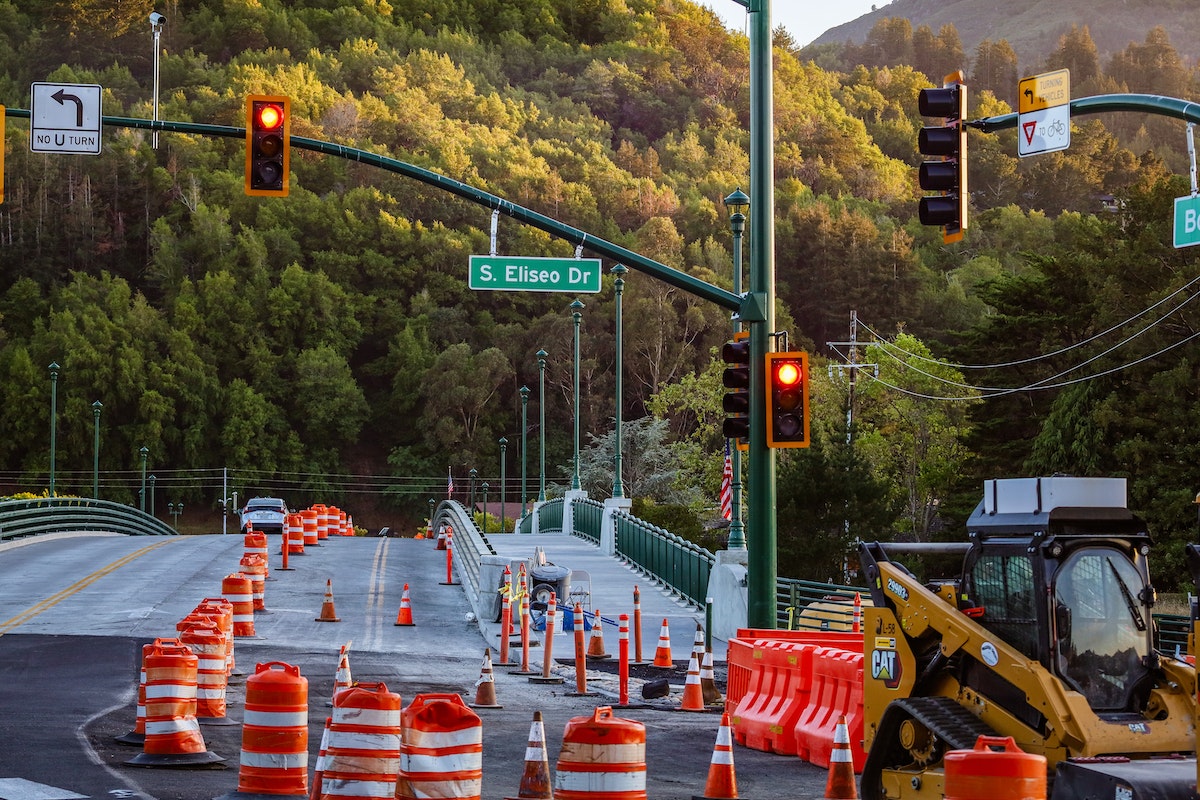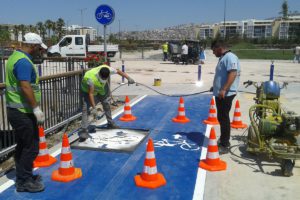
Effective traffic management in urban environments is a complex task that involves organizing and controlling the movement of vehicles and pedestrians to ensure safe and efficient mobility. With the rapid growth of urban areas and the increasing number of vehicles on the roads, addressing the challenges of urban traffic has become more crucial than ever. This article explores the unique challenges faced in urban traffic management and discusses various solutions to promote smoother and safer transportation systems.
Traffic control services ensure safe and efficient traffic management in various settings, including construction sites, roadworks, and special events. These services involve deploying trained personnel responsible for directing traffic, implementing traffic control measures, and ensuring compliance with safety protocols. These traffic control services provide a visible presence on the ground, guiding vehicles and pedestrians through designated routes, enforcing speed limits, and assisting with smooth traffic flow. They also help maintain safety by preventing unauthorized access to restricted areas and promptly responding to incidents or emergencies.

One of the critical challenges in urban traffic management in large-scale construction sites is ensuring safety, efficiency, and smooth operations. These sites often experience a high volume of vehicles, heavy equipment, and pedestrian movement, making effective traffic management paramount. The primary goals of traffic controlling services in these sites are to minimize congestion and maintain a steady flow of vehicles and equipment. This involves carefully planning and designating specific traffic routes within the site, ensuring proper signage and markings, and implementing clear instructions for drivers and pedestrians. Establishing separate entry and exit points and designated parking areas helps streamline traffic flow and prevent unnecessary congestion.
Safety is another crucial aspect of traffic controlling services. Construction zones are inherently hazardous environments, and the movement of vehicles and equipment can pose risks to workers and visitors. Implementing speed limits, enforcing strict adherence to safety protocols, and providing clear visibility through proper lighting and signage are essential for ensuring the safety of all individuals within the construction site. Communication and coordination among different stakeholders are vital for effective traffic management. This includes maintaining regular communication between construction managers, contractors, and traffic control personnel to ensure everyone is aware of any changes or updates in traffic flow patterns.
When it comes to road works, traffic management is essential for ensuring the safe and efficient flow of vehicles and protecting both road users and workers. It involves implementing various measures to guide traffic through construction, maintenance, or repair zones on roads and highways. Effective traffic management in road works includes strategies such as proper traffic management signage installation, speed restrictions, and detour routes. Temporary traffic control devices like cones, barriers, and flaggers help direct traffic and ensure the safety of workers and drivers. Regular communication, coordination, and monitoring are critical to adjusting traffic control measures as needed and minimizing disruptions. The goal is to maintain a smooth traffic flow, reduce congestion, and ensure the safety of all those involved in the road works and the travelling public.
Obtaining the necessary permits for traffic management is crucial to ensure compliance with local laws and regulations. Depending on the jurisdiction, council permits may be required for temporary road closures, traffic diversion, or any other traffic control measures. Traffic control service providers work closely with local authorities to understand the permit requirements and obtain them on time. Adhering to the approved traffic management plan and having the necessary permits in place helps ensure legal compliance and promotes a safe and organized traffic flow in and around the construction site.
Addressing the challenges of urban traffic management is crucial for creating safe and efficient transportation systems in urban environments. With expertise in intelligent transportation systems, traffic control service providers contribute to minimizing congestion, reducing the risk of accidents, and promoting the overall efficiency of transportation systems. The professional and proactive approach is essential in creating a safe environment for road users and workers, enabling the successful execution of construction projects and the smooth operation of various traffic-related activities. Prioritizing sustainable and people-centric approaches in urban traffic management helps create vibrant and accessible cities.












